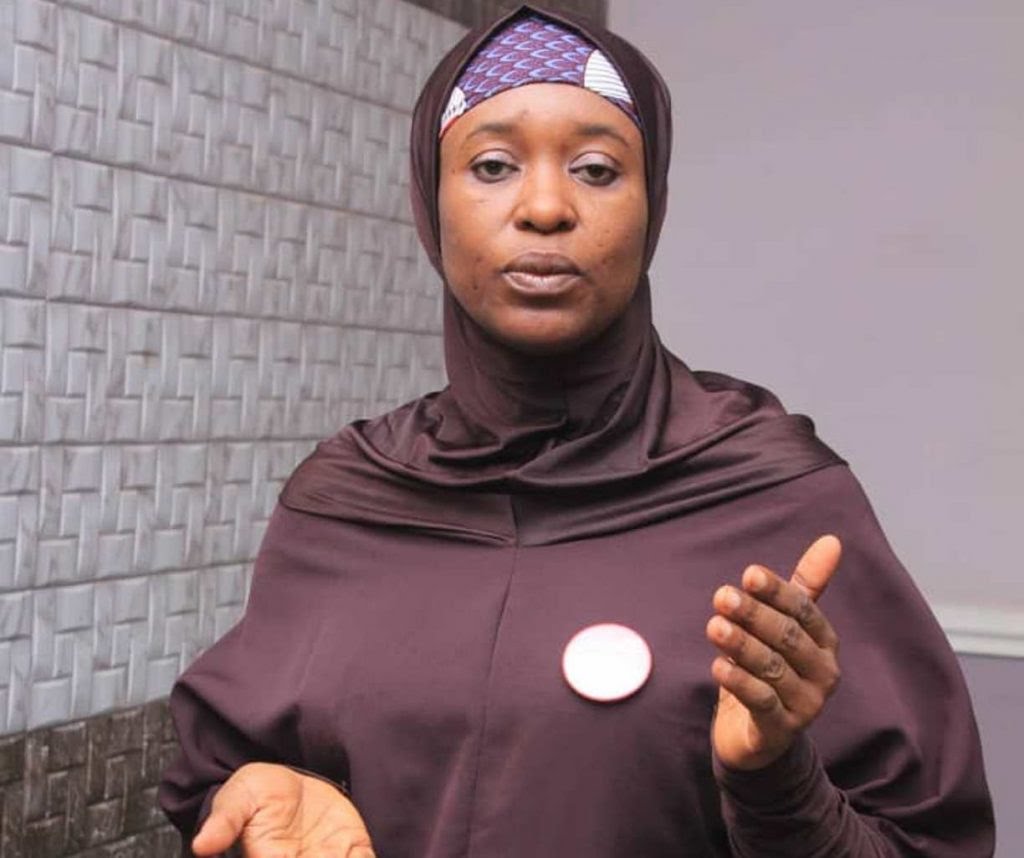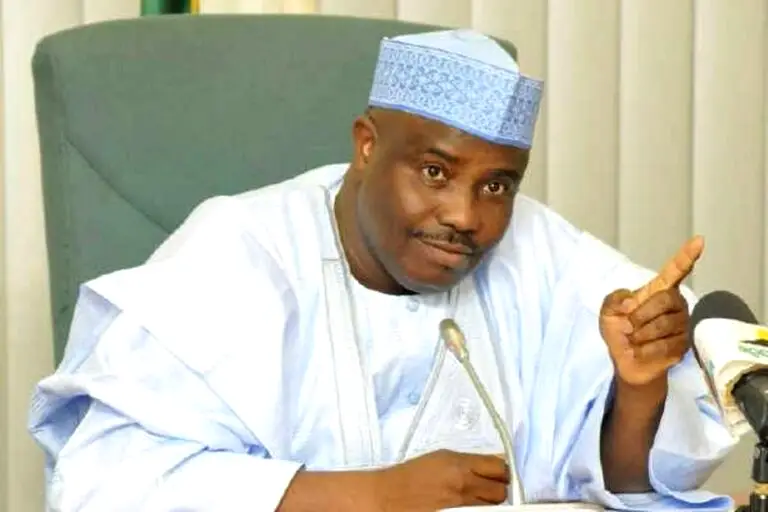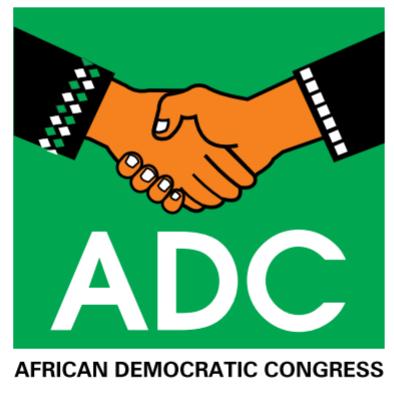[ad_1]
A cross-section of traders and artisans on Tuesday expressed concern about the new policy of the Central Bank of Nigeria (CBN) limiting cash withdrawal to N100,000 per week for individuals and N500,000 for organisations.
This is even as experts expressed worry over the policy’s effect on the informal sector players who live in rural areas where there are no bank branches, just as some bank customers are concerned about the possibility of increased bank charges.
In his reaction to the policy which will take effect from January 9, 2023, a building contractor, Mr Abiodun Taiwo, said the policy would make life difficult for many Nigerians given the poor state of internet connectivity in the country.
According to him, “Twice last week, I attempted to pay for services and goods with my ATM card but despite the decline given by the POS machine, I was debited by my bank. I was later asked to go to my bank to resolve it. If the deducted money was all I had in my account how would I have coped? How can the CBN impose a limit to cash withdrawal without taking care of all these hitches? It is akin to subjecting Nigerians to unnecessary hardship.”
A woman who deals in farm produce, Mrs Fatimo Alao, wondered how she would pay farmers for their produce without having cash.
She said, “This business is cash and carry. Usually, we go to farms to buy from farmers every other day. Oftentimes, we buy items worth over N100,000 from the farmers. How are we going to pay when we cannot access more than N20,000 per day. We can’t stop the government from rolling out their policies but they should also bear in mind the fact that Nigeria goes beyond the major cities such as Lagos, Abuja and Ibadan. There are many villages without electricity, internet and even banks, how will the residents survive without cash?”
However, Mr Tunde Oyinlade, lauded the apex bank for going ahead with the cashless policy, saying monetary policies would always falter when the bulk of the money in circulation is outside the banks.
“I think one major effect of the policy is that it will stop politicians from throwing money around. This is electioneering period and they are warming up for vote buying. With this policy, it will be difficult for them to do that,” Oyinlade said.
The CBN had directed all deposit money banks (DMBs) and other financial institutions (OFIs) to peg weekly Over-The-Counter (OTC) cash withdrawal at N100,000 for individuals and N500,000 for companies. The apex bank also directed banks to ensure that the maximum cash withdrawal per week via Automated Teller Machine (ATM) shall be N100,000 subject to a maximum of N20,000 cash withdrawal per day.
“Only denominations of N200 and below shall be loaded into the ATMs. The maximum cash withdrawal via point of sale (PoS) terminal shall be N20,000 daily.
“Third party cheques above N50,000 shall not be eligible for payment over the counter, while extant limits of N10,000,000 on clearing cheques still subsist,” the CBN stated in a letter to All Deposit Money Banks and Other Financial Institutions, Payment Service Banks (PSBs) Primary Mortgage Banks (PMBs) and Microfinance Banks (MFBs).
Signed by the Director of Banking Supervision CBN, Haruna B. Mustafa, and titled: Naira redesign policy – Revised cash withdrawal limits, the CBN letter stated that withdrawals above these limits shall attract processing fees of 5 per cent and 10 per cent, respectively.
The apex bank added that in compelling circumstances, not exceeding once a month, where cash withdrawals above the prescribed limits is required for legitimate purposes, such cash withdrawals shall not exceed N5,000,000.00 and N10,000,000.00 for individuals and corporate organisations, respectively.
“And these shall be subject to the referenced processing fees above, in addition to enhanced due diligence and further information requirements,” the letter stated.
The apex bank added that in such compelling circumstances, the affected customer would be “required to obtain the following information at the minimum and upload same on the CBN portal created for the purpose: valid means of identification of the payee (National ID, International Passport, Drivers License); Bank Verification Number (BVN) of the payee; notarised customer declaration of the purpose for the cash withdrawal; senior management approval for the withdrawal by the managing director of the drawee where applicable; approval in principle by the MD/CEO of the bank authorising the withdrawal.”
It further noted that there would be monthly returns on cash withdrawal transactions above the specified limits to the banking supervision department of the CBN; compliance with extant Anti-Money Laundering/Terrorism Financing (AMF/CFT) regulations relating to Know Your Customer (KYC).
According to the CBN, ongoing customer due diligence and suspicious transaction reporting among others would be required in all circumstances and customers should be encouraged to use alternative channels ( internet banking, Mobile banking apps, USSD, Cards/POS, eNaira, etc) to conduct their banking transactions.
“Finally, aiding and abetting the circumvention of this policy will attract severe sanctions. The above regulatory directives take effect from January 9,2023,” the CBN directed.
Reacting to the new policy, some members of the banking public expressed concern over bank charges. They said banks have to make interbank transfers free for the cashless policy to work.
“If I am losing N50 or more on every transfer, who is taking the loss, the payer or the payee?
“This new CBN policy could create an opportunity for the fintech Industry in Nigeria to create a cashless payment system like Kenya’s mPesa,” Emmanuel Ojo told Nigerian Tribune.
In a chat with Nigerian Tribune, Dr Muda Yusuf said the new policy would negatively impact on the informal sector of the economy.
According to him, the informal sector is a significant part of the economy accounting for over 80 per cent of trade and commerce in the Nigeria economy and substantial components of jobs in the economy, adding that many of them are in very remote locations where there are no bank branches.
“And they transact business largely in cash. The distributive trade accounted for N23.3 trillion of the country’s Gross Domestic Product (GDP) in 2021.
“This was about 15 per cent of GDP. This restrictive policy will pose a major risk to this very critical sector of the economy,” Yusuf warned.
He noted that “There is also the risk that this policy would negate the financial inclusion objective of the CBN.”
He said some of the informal sector operators may begin to avoid the banking system entirely. “This could also be an infringement on the fundamental rights of the unbanked Nigerians.
“The CBN needs to think through this policy properly to avoid creating more problems than it sets out to solve,” the CPPE CEO stated.
[ad_2]








